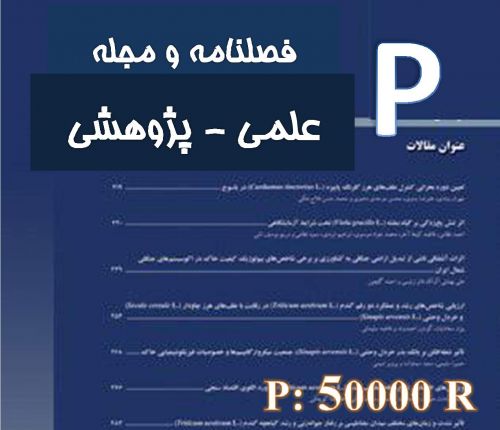BACKGROUND: Methylphenidate (MPH) has been used to induce emergence from general anesthesia. OBJECTIVES: The objective of the present study was to evaluate the effect of MPH on recovery from propofol and ketamine anesthe - sia in dogs. METHODS: Six healthy male mix-breed dogs weighing 21.9 ± 3.9 kg were used in a randomized crossover design. Thirty minutes after premedication with aceproma - zine (0.1 mg/kg; IM), anesthesia was induced with either IV propofol or ketamine (8 and 15 mg/kg, respectively). Dogs, six minutes after induction, received either IV normal sa - line or methylphenidate (1 mg/kg) (propofol-saline; propo - fol-methylphenidate; ketamine-saline; ketamine-methyl - phenidate). Each dog was anesthetized four times randomly with at least one week interval. RESULTS: No significant dif - ferences were observed between propofol-saline and propo - fol-methylphenidate as well as between ketamine-saline and ketamine-methylphenidate in the times needed for various chronological sequences of recovery (p>0.05). Recovery in the dogs that received methylphenidate was eventful and associated with some adverse effects. Heart rate showed a decrease in propofol-methylphenidate group compared to the base (p<0.05). Respiratory rate after administration of methylphenidate was more stable than that of saline. CON- CLUSIONS: It was concluded that methylphenidate at 1 mg/ kg could not shorten recovery time in the dogs premedicated with acepromazine and anesthetized with either propofol or ketamine. Testing lower doses of methylphenidate and using a different premedication agent are recommended for future studies
کلید واژگان :Anesthesia, emergence, ket - amine, methylphenidate, propofol
ارزش ریالی : 350000 ریال
با پرداخت الکترونیک
